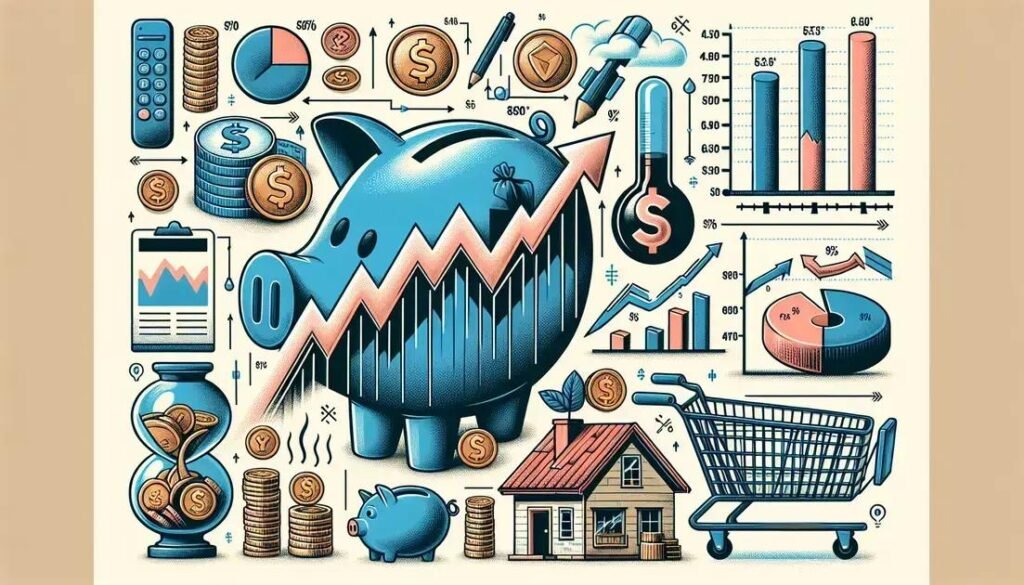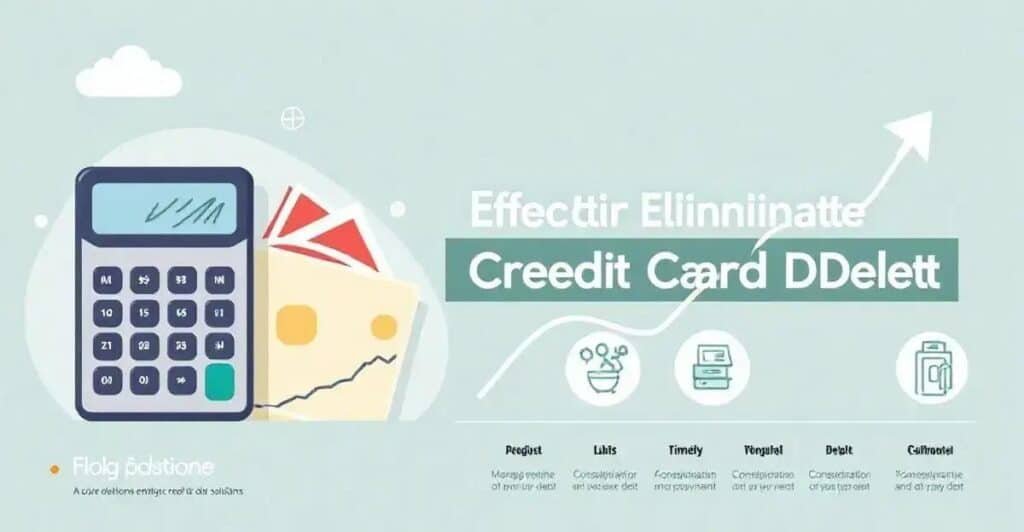In today’s economy, inflation is a hot topic that affects everyone, from savers to spenders, and even investors.
As the cost of living continues to rise, it’s essential to understand the inflation impact on your finances.
In this article, we’ll delve into the effects of inflation on consumer spending habits, investments, and fixed income, as well as provide tips on how to manage your finances during times of high inflation.
Inflation Impact: The Silent Thief of Your Savings
Inflation can silently erode the value of your savings over time. When inflation rises, the purchasing power of your money decreases, making it more challenging to achieve your financial goals.
For instance, if you had $100,000 in a savings account with a 3% annual interest rate, and inflation is 2%, your purchasing power would decrease by 1% each year. This means that the value of your savings would decrease by $1,000 annually.
To combat this, consider investing in assets that historically perform well during periods of inflation, such as precious metals or Treasury Inflation-Protected Securities (TIPS).
The Effects of Inflation on Consumer Spending Habits
Inflation can significantly impact consumer spending habits, causing individuals to adjust their budgets and make changes to their financial plans.
As prices rise, consumers may opt for cheaper alternatives, delay non-essential purchases, or reduce their discretionary spending.
Additionally, inflation can lead to a shift in consumer spending habits, with people prioritizing essential items like food and housing over discretionary items like entertainment and travel.
For instance, if the cost of groceries increases by 10%, a consumer may need to cut back on dining out or cancel subscription services to make ends meet.
Inflation and Its Impact on Investments
Inflation can significantly impact investments, causing investors to reassess their portfolios and adjust their strategies.
As inflation rises, returns on fixed-income investments, such as bonds, may decline, while returns on assets that historically perform well during inflationary periods, such as commodities and stocks, may increase.
Investors may also consider alternative investments, such as real estate or precious metals, to diversify their portfolios and mitigate the effects of inflation.
It’s essential to review and adjust investment portfolios regularly to ensure they remain aligned with an individual’s financial goals and risk tolerance.
The Impact of Inflation on Fixed Income
Fixed income investments, such as bonds and CDs, are often considered a safe-haven during times of economic uncertainty. However, inflation can erode the purchasing power of these investments over time.
For example, if you have a CD with a 2% interest rate and inflation is 3%, the real return on your investment would be -1%. As a result, it’s essential to review your fixed income portfolio regularly to ensure it remains aligned with your financial goals and risk tolerance.
You may also consider diversifying your portfolio by investing in assets that historically perform well during inflationary periods, such as stocks or real estate.
Inflation’s Effect on Housing and Real Estate
Inflation can have a significant impact on the housing and real estate markets, causing prices to rise and making it more challenging for individuals to afford homes.
As inflation increases, mortgage interest rates may also rise, making it more expensive to borrow money to purchase a home.
Additionally, inflation can lead to a decrease in the purchasing power of fixed-income investments, such as bonds and CDs, which are often used to finance home purchases.
As a result, it’s essential to review your financial situation regularly and adjust your strategy to reflect changes in the market.
You may also consider working with a financial advisor to develop a personalized plan to achieve your long-term financial goals.
Managing Your Finances During Times of High Inflation
Managing your finances during times of high inflation requires careful planning and strategy. One key step is to review your budget and adjust your spending habits to reflect the rising cost of living.
You may need to prioritize essential expenses, such as housing and food, over discretionary spending. Additionally, consider building an emergency fund to cover unexpected expenses and reduce your reliance on credit.
It’s also essential to review your investment portfolio and consider diversifying into assets that historically perform well during inflationary periods, such as stocks or real estate.
Finally, consider working with a financial advisor to develop a personalized plan to achieve your long-term financial goals.
Frequently Asked Questions about Inflation and Personal Finance
What is the impact of inflation on savings?
Inflation can silently erode the value of your savings over time. As prices rise, the purchasing power of your money decreases, making it more challenging to achieve your financial goals.
How does inflation affect consumer spending habits?
Inflation can significantly impact consumer spending habits, causing individuals to adjust their budgets and make changes to their financial plans. As prices rise, consumers may opt for cheaper alternatives or delay non-essential purchases.
How does inflation impact investments?
Inflation can erode the purchasing power of fixed-income investments, such as bonds and CDs, which are often used to finance home purchases. Additionally, inflation can lead to a decrease in the value of investments, making it more challenging to achieve long-term financial goals.
What is the impact of inflation on fixed income?
Inflation can reduce the purchasing power of fixed-income investments, making it more challenging to achieve long-term financial goals. It’s essential to review your financial situation regularly and adjust your strategy to reflect changes in the market.
How does inflation affect housing and real estate?
Inflation can cause housing prices to rise, making it more challenging for individuals to afford homes. Additionally, inflation can lead to a decrease in the value of fixed-income investments, making it more challenging to finance home purchases.
How can I manage my finances during times of high inflation?
Managing your finances during times of high inflation requires careful planning and strategy. One key step is to review your budget and adjust your spending habits to reflect the rising cost of living.




